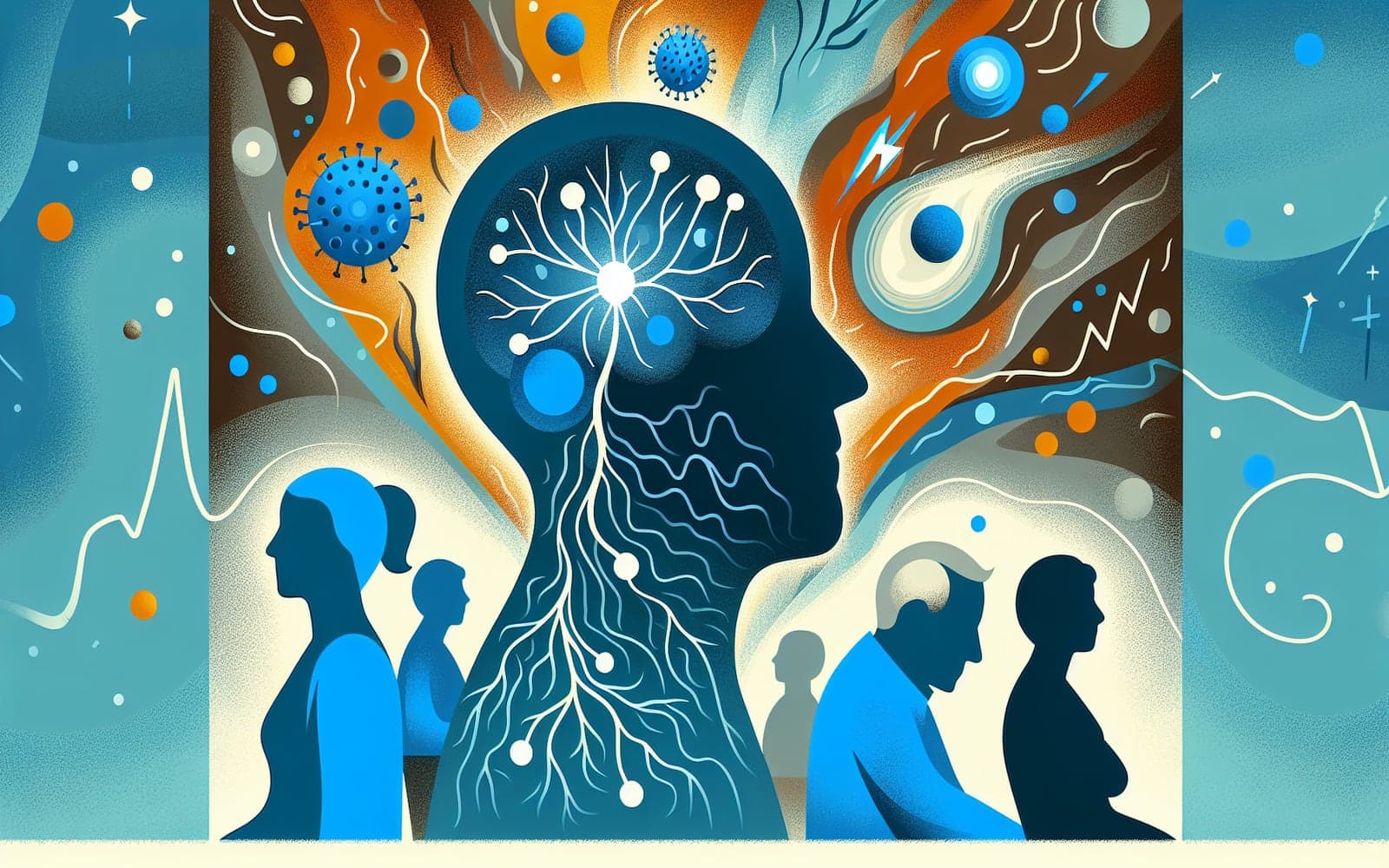What Causes Those Sudden Neurological Symptoms?
Published: Aug 17, 2024
Sudden neurological symptoms can be alarming, but what causes them? This article dives into the different conditions that might be behind these transient attacks.
Contents
Understanding Transient Ischemic Attacks (TIA)
A Transient Ischemic Attack, or TIA, is a brief episode of neurological dysfunction due to reduced blood flow to parts of the brain, spinal cord, or retina. Unlike a stroke, TIAs don't cause permanent damage, but they can be a warning sign. Commonly, TIAs last less than an hour, and while they don't always result in brain damage, they can precede strokes, indicating similar underlying causes.
Differentiating Strokes from Other Conditions
Ischemic strokes occur abruptly and leave lasting neurological deficits, unlike other conditions that might mimic their symptoms. For instance, brain tumors, abscesses, or hemorrhages can cause sudden symptoms, but they often accompany other signs like headaches or seizures. It's crucial to distinguish these to ensure appropriate treatment.

Other Causes of Transient Neurologic Events
Transient neurological events can stem from various causes such as seizures, migraines, or syncope. While seizures often present with abnormal brain activity and can last from seconds to minutes, migraines involve aura symptoms like visual disturbances. Syncope involves a brief loss of consciousness due to reduced blood flow to the brain.
Frequently Asked Questions
A TIA is a brief episode of neurological dysfunction without permanent damage.
Strokes cause lasting damage, while TIAs are temporary with no permanent damage.
Symptoms include temporary weakness or numbness on one side of the body.
Yes, TIAs can be a warning sign for future strokes.
Key Takeaways
Understanding the causes of transient neurological symptoms is key to preventing more serious conditions.
Curious about your symptoms? Discuss them with Doctronic, the AI doctor!Related Articles
References
Caplan LR. TIAs: we need to return to the question, 'What is wrong with Mr. Jones?'. Neurology 1988; 38:791.
FISHER M. Occlusion of the internal carotid artery. AMA Arch Neurol Psychiatry 1951; 65:346.
Always discuss health information with your healthcare provider.

